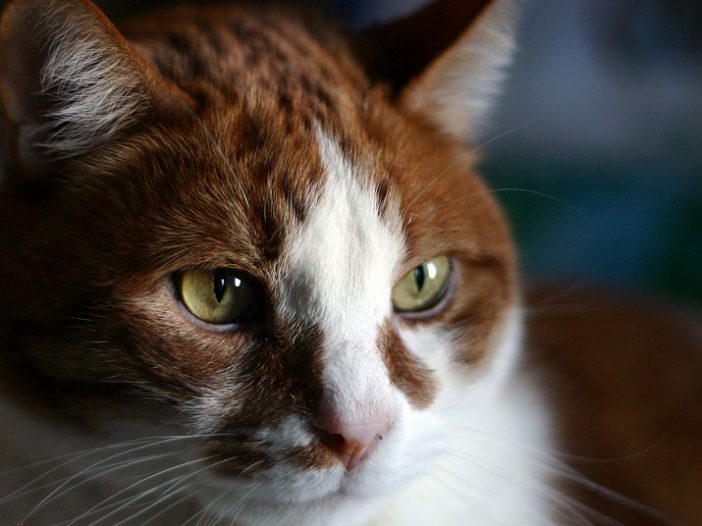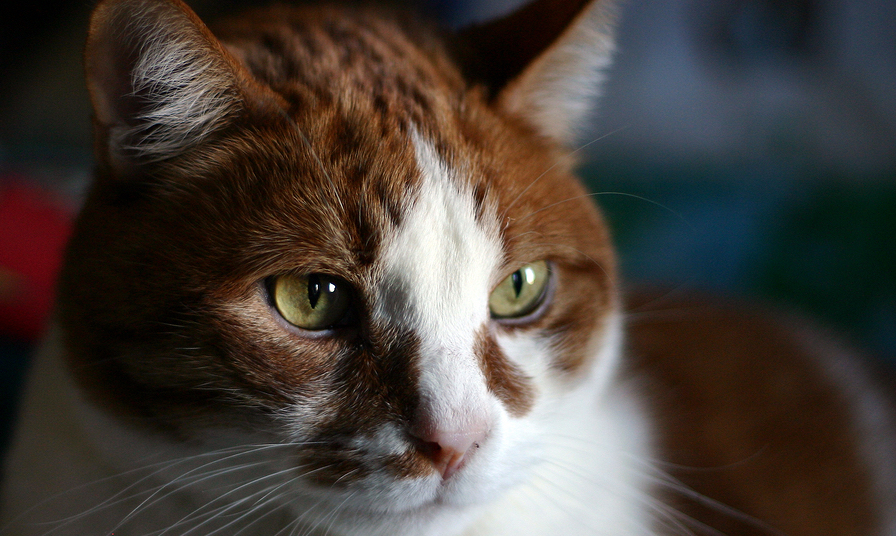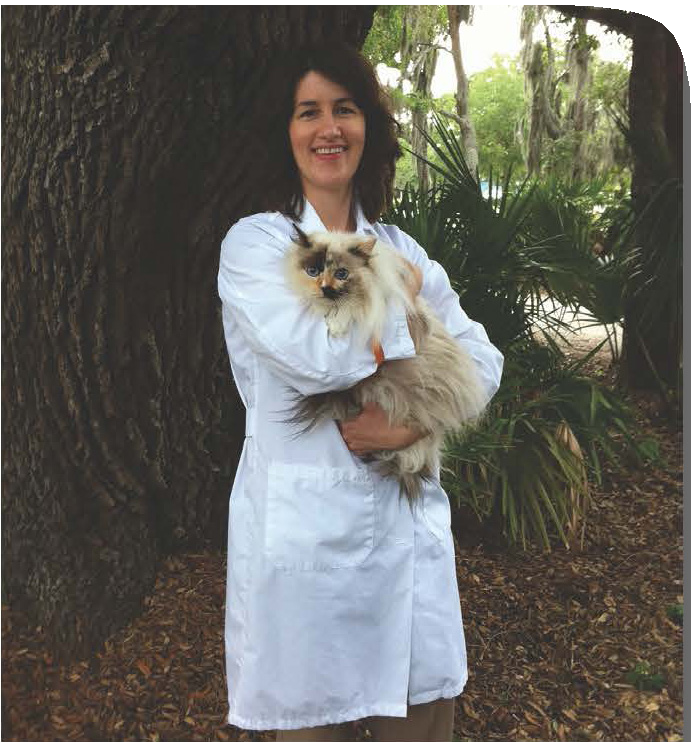
We’ve all been there. If you’re a veterinarian, then you’ve probably seen this situation hundreds of times.
It usually goes something like this: It’s the end of the day. It’s been a busy day. Maybe you were double-booked, or maybe you skipped your lunch to see an appointment. Now you just want to go home and relax.

Then it happens. A sick cat arrives with a distraught owner. It might be a new client, or it might be someone who was there a few years ago and never came back. Either way, it becomes clear from the conversation that the cat doesn’t receive regular veterinary care. And now, she’s ill and very weak.
Bloodwork and other diagnostics aren’t an option due to cost concerns. Symptomatic care has to be limited as well.
Or maybe it happens like this: a coughing dog arrives. The owner doesn’t realize anything serious is going on, until you run the test and tell them that their beloved pet is positive for heartworm disease. They can’t afford treatment.
In these situations, it’s easy to get frustrated. It’s easy to criticize. What do they expect you to do? Without the ability to do diagnostics or appropriate treatments, your hands are tied. You can’t help the pets the way you want to.
Even worse, the clients may lash out at you. They may take out their frustrations on you, and say very cruel things about how you really don’t care about animals because you can’t do everything for free.
For me, this has been one of the hardest parts of veterinary medicine. For many veterinarians, it contributes to compassion fatigue and burnout.
On the other hand, it’s difficult for the client as well. People don’t always reveal their emotions to us. However, I have had some encounters with clients in which I can see shame, guilt, and real pain written on their faces during a situation like this.
Of course, there are some neglectful owners out there. But I believe most of the clients we encounter are genuinely doing their best.
Mistakes happen. Sometimes clients get distracted by tragedies in their personal lives that we don’t know about. Sometimes they lose their jobs and are forced into a tight budget until they recover. Sometimes it’s their first pet and they don’t realize how much they don’t know.
If their actions, or lack thereof, lead to the development or worsening of a disease, I really believe some pet owners regret this for the rest of their lives. Also, at the time of the veterinary visit, I’m sure they worry about being judged. And they come in on the defensive.
This is when I try to be open and honest with them. I don’t sugarcoat the situation, and I explain on no uncertain terms that this is not ideal. However, I also try to watch my words and my tone of voice. I try to be kind and work with them.
I’ve had many clients who appreciate this type of conversation. And I’m happy to say that some of them have become great long-term clients.
People do learn from mistakes. The cat from that visit starts to improve on symptomatic treatment, and the owner appreciates it. Now she communicates with me regarding long-term care to keep her cat comfortable for as long as possible. Eventually she even saves up and comes in for bloodwork. This would not have happened if I made her feel uncomfortable and guilty when she arrived at the office that day.
And as for the dog with heartworm disease? It’s an older dog, and eventually he is euthanized as his symptoms progress. The owners get a new puppy a few months later, and they don’t want to make the same mistake. Now, they come in for all the recommended puppy visits, and the dog will stay on heartworm prevention his whole life. Thankfully, they felt comfortable enough with me to come back – they felt like I did not judge them for their mistake.
Of course, this won’t happen every time. Some people are impossible to please and won’t be moved by any kindness or help that you offer.
However, try not to lose empathy just because of some bad experiences. Most people do appreciate kindness. In addition to gaining some great clients, I’ve received many genuine thank yous – and sometimes, a thank you is really what I need after a long day.
The views and opinions expressed in this article are those of the author and do not necessarily reflect the position of the DrAndyRoark.com editorial team.
 About the Author
About the Author
Dr. Tammy Powell is a small animal veterinarian and freelance writer. She currently lives in Boulder, Colorado with five well-loved and slightly spoiled cats. For more work by Tammy, please visit her website at www.thewritingdvm.com.